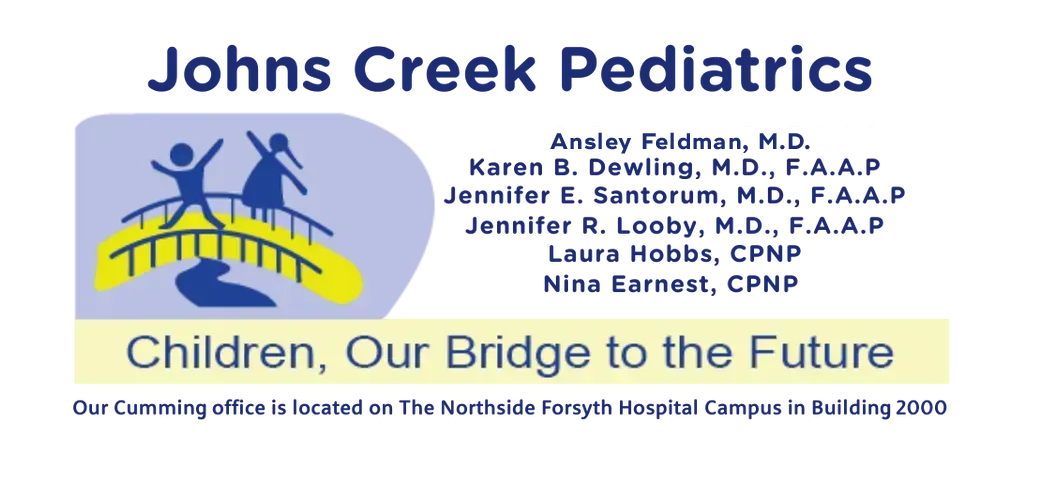Conventional Medicine and Alternative Practices of Medicine

- posted: Dec. 05, 2019
You may have recently heard terms like integrative medicine, functional medicine and holistic medicine and wondered what these terms mean and how they are different from conventional (or “usual” or “Western”) medical practices. Good question! It can be difficult to define these terms because there is some overlap and unclear boundaries in certain area.
In brief, these “non-conventional” types of medical practice claim to be more holistic (or focused on the whole person, not just the symptoms/problems/disease a person comes to the doctor for). They tend to embrace treatments that have not traditionally been studied or researched to determine if they are truly effective (i.e. acupuncture and herbal remedies) as well as some traditional treatments, like prescription drugs. Some practitioners of these types of “non-conventional” medicine have tried to set themselves apart from conventional medicine claiming these alternatives approaches will treat the root cause of a medical problem, and not just the disease. Also, they claim a focus on prevention, less invasive treatment when possible and longer appointment times so all of your needs can be addressed.
There are many positive aspects of these “non-conventional” approaches which we implement at Johns Creek Pediatrics. We believe in the power of preventative medicine, a holistic approach, addressing all your child’s needs and implementing effective treatments in the least invasive way possible.
Our providers focus on prevention because we believe “an ounce of prevention is worth a pound of cure.” We want to help you build healthy lifestyle habits into your child that will result in him or her having a healthy, enjoyable and successful life. Furthermore, we agree that it is important to treat “the whole person.” More and more studies are showing how our mind and the function of our body are interrelated so this aspect is considered in the care of our patients. Also, young people do not live independently so the people and places that surround them impact their health. In regards to the complimentary type treatments spoken of, many have not been proven safe and effective for children. However, we do implement proven complimentary treatment for specific children when it is applicable (ie vitamin supplements, mindfulness techniques).
Let’s consider a patient example. Bobby is an 8 year old boy who was diagnosed with asthma at the age of 4 years old. In the past he has only had occasional flare ups requiring treatment with bronchodilators (albuterol). More recently Bobby has had multiple flare ups requiring use of bronchodilators 3-4 times per week. If his doctor used a traditional approach Bobby may be prescribed additional medication to be taken daily without further investigation. However, if Bobby’s doctor used a holistic approach there would be more investigation into what may be triggering the increased number of flare ups. On further questioning it could be discovered that the asthma flare ups usually occur immediately before Bobby is dropped off at school. Since we now know that highly emotional states can be associated with asthma flare ups further questioning of Bobby about any problems at school would reveal that he was being picked on by another child on his way to class. Now treatment can be directed at the trigger instead of just treating to symptoms.
At Johns Creek Pediatrics we are committed to assisting your child in achieving and maintaining wellness. Our approach is multifaceted and aimed at this goal. We would be happy to take the time to discuss your child’s health. Please give us a call to schedule an appointment!

- posted: Dec. 05, 2019
You may have recently heard terms like integrative medicine, functional medicine and holistic medicine and wondered what these terms mean and how they are different from conventional (or “usual” or “Western”) medical practices. Good question! It can be difficult to define these terms because there is some overlap and unclear boundaries in certain area.
In brief, these “non-conventional” types of medical practice claim to be more holistic (or focused on the whole person, not just the symptoms/problems/disease a person comes to the doctor for). They tend to embrace treatments that have not traditionally been studied or researched to determine if they are truly effective (i.e. acupuncture and herbal remedies) as well as some traditional treatments, like prescription drugs. Some practitioners of these types of “non-conventional” medicine have tried to set themselves apart from conventional medicine claiming these alternatives approaches will treat the root cause of a medical problem, and not just the disease. Also, they claim a focus on prevention, less invasive treatment when possible and longer appointment times so all of your needs can be addressed.
There are many positive aspects of these “non-conventional” approaches which we implement at Johns Creek Pediatrics. We believe in the power of preventative medicine, a holistic approach, addressing all your child’s needs and implementing effective treatments in the least invasive way possible.
Our providers focus on prevention because we believe “an ounce of prevention is worth a pound of cure.” We want to help you build healthy lifestyle habits into your child that will result in him or her having a healthy, enjoyable and successful life. Furthermore, we agree that it is important to treat “the whole person.” More and more studies are showing how our mind and the function of our body are interrelated so this aspect is considered in the care of our patients. Also, young people do not live independently so the people and places that surround them impact their health. In regards to the complimentary type treatments spoken of, many have not been proven safe and effective for children. However, we do implement proven complimentary treatment for specific children when it is applicable (ie vitamin supplements, mindfulness techniques).
Let’s consider a patient example. Bobby is an 8 year old boy who was diagnosed with asthma at the age of 4 years old. In the past he has only had occasional flare ups requiring treatment with bronchodilators (albuterol). More recently Bobby has had multiple flare ups requiring use of bronchodilators 3-4 times per week. If his doctor used a traditional approach Bobby may be prescribed additional medication to be taken daily without further investigation. However, if Bobby’s doctor used a holistic approach there would be more investigation into what may be triggering the increased number of flare ups. On further questioning it could be discovered that the asthma flare ups usually occur immediately before Bobby is dropped off at school. Since we now know that highly emotional states can be associated with asthma flare ups further questioning of Bobby about any problems at school would reveal that he was being picked on by another child on his way to class. Now treatment can be directed at the trigger instead of just treating to symptoms.
At Johns Creek Pediatrics we are committed to assisting your child in achieving and maintaining wellness. Our approach is multifaceted and aimed at this goal. We would be happy to take the time to discuss your child’s health. Please give us a call to schedule an appointment!
Visit our Office
Suwanee Location
4395 Johns Creek Parkway
Suwanee, GA 30024
